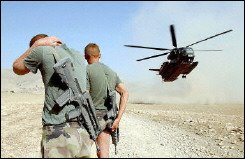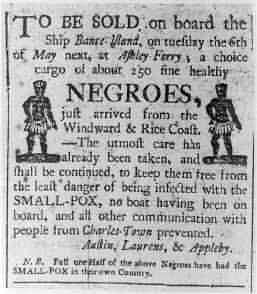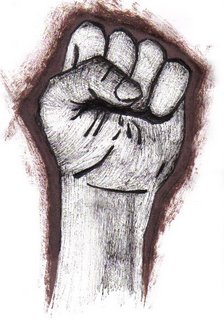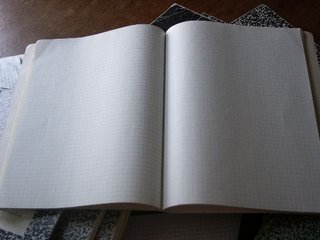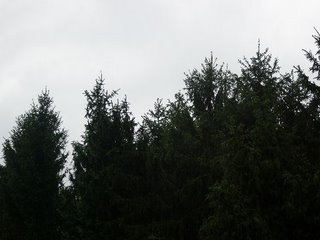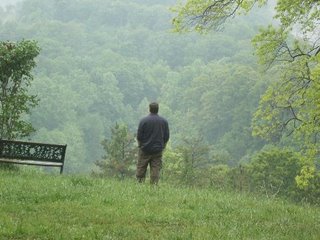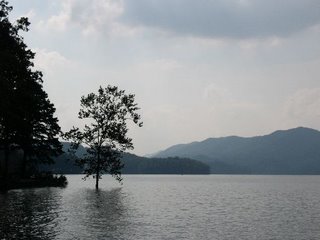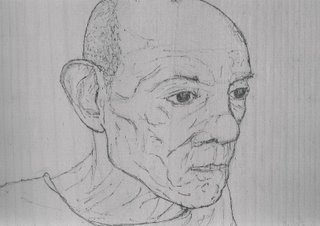 3/11/01 (Before)
3/11/01 (Before)I am sick of the TV, of the internet, of the radio, of the people I meet. I am sick of constantly being solicited for one thing or another. I am sick of the wealth-generating, mass-marketing juggernaut that has taken over our culture. I am sick of being reminded that working at the homeless clinic is advantageous because it will look good to residencies and make me feel proud of myself. I am sick of the idea that every interaction must boost my pleasure / entertainment / self-esteem / net-worth / sex-appeal / market value. Is there anything genuine left without a dollar amount attached?
Life / Love / Freedom / Faith / Sex / Anger / Fear / Happiness: all bought and sold like grade-D meat these days. Sure there are "some things money can't buy," we used to believe that. We told ourselves the world wouldn't affect us, but look at us now. Everybody's got their soul for sale to the highest bidder of money / pleasure / love / whatever. Nothing is genuine. Nothing is honest. Nothing is selfless.
I fear the best thing for us would be a humiliation and destruction. Perhaps a people as ruthless and narcissistic as ourselves will attack us... kill us by the thousands and rob us blind. As horrible as it sounds it may be the only way to save us from ourselves. We will never repair things ourselves (although we often say we will--and sell the idea for cheap thrills and votes) because we have become addicted to our own decay.
November 2001 (After)
*Written in the same page of my gribook as the above:
Exactly six months later to the day was one of the bloodiest days in our history. Ruthless people leveled our towers... and we watched on TV for shock entertainment. Then we created a war for an even bigger television event. Watching someone else's sons in the special forces risk their lives is even more exciting than seeing 3000 bankers and MBAs go down in a towering inferno!
We took the fact that evil men had targeted us as a sure sign of God's blessing on us. "God must approve of our selfishness. Gluttony and greed are now sure signs of freedom and virtue. Suddenly it is heroic to rescue our sacred economic prosperity by consuming even more luxuries. Send the special forces overseas to fight on television, and I'll do my duty by doing the Christmas shopping in my gas-guzzling SUV!"
We are not capable of justice or even sustained hatred. We only redouble our relentless pursuit of wealth and entertainment. We didn't even stop to think about examining our own souls. We seem to have forgotten that the terrorists only did what we had been longing to do in our own self-loathing. No instead we are now quite certain that divine justice has spoken in favor of our greedy pleasures.

